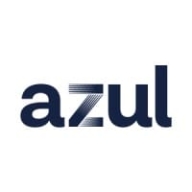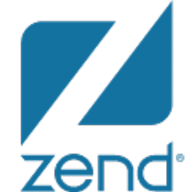

Zend PHP Engine and Azul Zing compete in the high-performance runtime environment space. Azul Zing seems to have the upper hand with superior features and perceived value.
Features: Zend PHP Engine offers ease of use, efficient PHP script execution, and seamless integration for PHP applications. Azul Zing provides low-latency, high-throughput capabilities, and features a pauseless garbage collector and dynamic compiler optimizations.
Room for Improvement: Zend PHP Engine could improve its high-performance capabilities, offer better scalability, and enhance its support for non-PHP applications. Azul Zing might focus on simplifying deployment, reducing licensing costs, and expanding integration with various platforms.
Ease of Deployment and Customer Service: Zend PHP Engine is known for its straightforward setup and comprehensive support, making deployment easy for developers. Meanwhile, Azul Zing requires a complex setup but offers exceptional customer service that ensures optimal configuration for demanding applications.
Pricing and ROI: Zend PHP Engine features a competitive pricing model, providing high ROI for PHP-focused businesses with cost-efficient operations. Azul Zing, though priced higher, justifies this with its scalability and performance, ensuring significant ROI for large enterprises needing advanced computing power and efficiency.

Zing is an advanced Java runtime (JVM) designed for enterprise workloads that require any combination of large memory, high transaction rates, low latency, consistent response times or high sustained throughput. Zing eliminates Java garbage collection as a factor in production, and conforms to the Java SE standard for Java SE 8, 7, and 6.
The Zend PHP Engine is designed to optimize PHP code and improve performance, making it a popular choice for web developers. It is easy to use, stable, does not require a lot of code, is open source, and only requires payment for server costs. The initial setup is straightforward, and there is no real need to set up the solution because it's built into the deployment.
We monitor all Application Infrastructure reviews to prevent fraudulent reviews and keep review quality high. We do not post reviews by company employees or direct competitors. We validate each review for authenticity via cross-reference with LinkedIn, and personal follow-up with the reviewer when necessary.